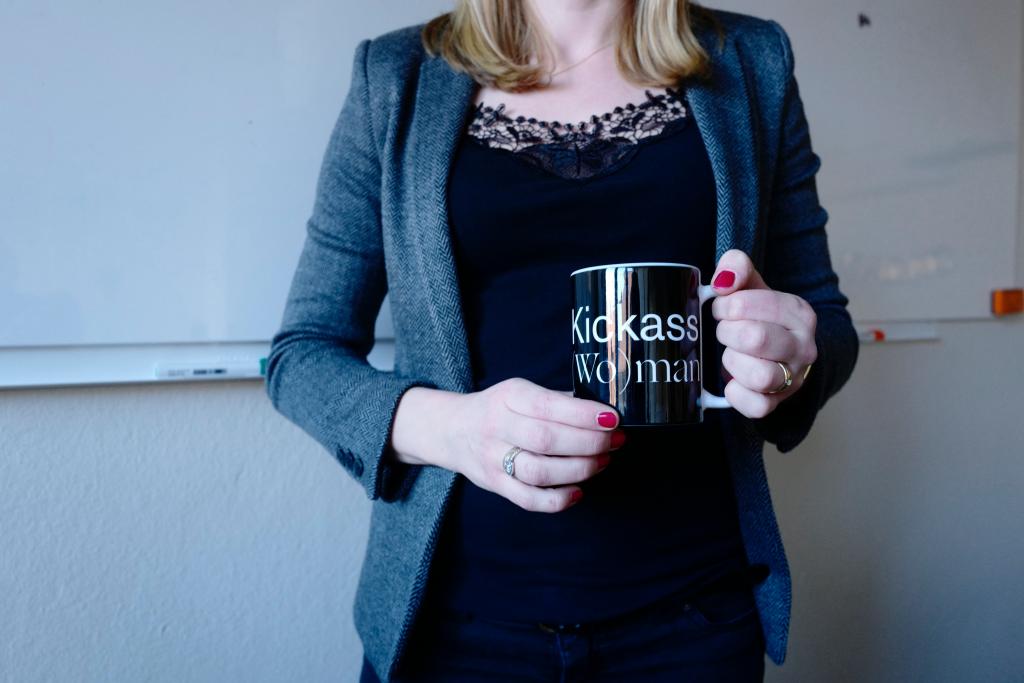Did you ever hear of the 8-Hour Day Movement? It was a global campaign started in the late-1800s to shorten the workweek. At the time, Americans were working an average of 60 hours a week over a six-day workweek. Six 10-hour days. While there were exceptions, it was not until 1938, and the Fair Labor Standards Act, that the 8-hour day, 40-hour week, became the norm.
Today, for many in our society, the 40-hour workweek is a thing of the past.
It’s not just people working two jobs. A recent article in The New York Times titled “Why Are Young People Pretending to Love Work?” referenced a new work ethic that has permeated the tech and start-up industries. 18-hour days are common and work is no longer seen as something you do to get what you want; work itself is the purpose of your existence. As one person said “you go into your church every day and worship at the altar of work.”
This is not just a random report. A March, 2019 issue of The Week magazine, which compiles news stories from various sources, also had a feature on our overworking society. Here are a few of the highlights:
- Studies show many salaried employees are now working on average 48 hours a week. (Source: Fast Company)
- The U.S. averages more hours of work per year than any other large country, yet 87% of employees don’t feel engaged at their jobs. (Source: Gallup)
- “There is a new belief called workism. It is the belief that work is not only necessary….it is the centerpiece of one’s identity and life’s purpose.” (Source: TheAtlantic.com)
For many, work has become the new religion. Yet can it really fill the role that religion and spirituality play in helping us develop a deep sense of values while connecting us to a greater good? Can it guide us in making important life decisions or soothe our souls in times of worry or despair?
What’s needed is balance—the realization that work does not complete us.
Early in his career, the film executive Jeffrey Katzenberg was so obsessed with a strong work-ethic he once said: “If you don’t come to work on Saturday, don’t bother coming on Sunday.” But he later learned that “work/life balance is not just a nice theoretical thought. There is a moment in time in which you actually have to find those things that make you whole as a human being.”
The old adage is true: money can’t buy you happiness. Nor can it make you whole. In the New York Times there was an anecdote about a 30-something investment manager, making $1.2 million per year, who was attending his class reunion. He said he was jealous of everyone who did “something that made them happy.” It seemed like those who didn’t land the big dream jobs, who didn’t work at a Google or tech start-up, were leading happier, fuller lives.
The problem isn’t business. It’s our “busyness.”
In The Power of Purpose, Creating Meaning in Your Life and Work, Richard J. Leider writes that we are a nation that suffers from “busyness.” We get so busy living our lives that we don’t notice that time is passing us by and that we are living less than contented lives. In his words:
Busyness is a way of gaining approval for our self-worth…but it is a nervous way of living. We continuously seek approval from outside ourselves and then end up saying, “What are we trying to do with our lives?”
Leider tells us that we need to summon up the energy and courage to ask: “Why do I get up Monday morning?” We need to discover how much of what we are doing is just “cultural consensus,” a need to fit in, and what part is an expression of our real purpose.
He warns that many of us hope that our “busyness” will feed our hunger for meaning and purpose, but it hardly ever meets those needs. We are not truly satisfied and never will be. So, we compensate by getting even busier, “waiting for some person or event to point the way, waiting, perhaps, to be called.”
The solution, says Leider, is to take a pause and “not let a day pass without spending some time revitalizing the spiritual in us.” (Action item.) We also need to determine how we can live with purpose, “growing, stretching and utilizing our highest gifts and talents.” That means looking at where you are now—and where you want to be, establishing a game plan to get there.
While we all would like a seamless life where our working and non-working lives blend into a cohesive whole, this is not always possible. If that’s the case for you, you need to find a happy middle ground, a balance between working on your career and working on yourself. Thomas Moore, writing in A Life at Work, reminds us that “your career is only a piece of the whole… give it your energy and attention but not your whole devotion.”
Find the point of balance where your basic human needs are met, but so are the callings of your soul. If this calling does not come from your work, in Moore’s words, “you need to find the activity or group of activities that give you a sense of meaning and purpose.” You need to satisfy the call of what you were born to do. It is a thirst no amount of late nights at the office will quench.














